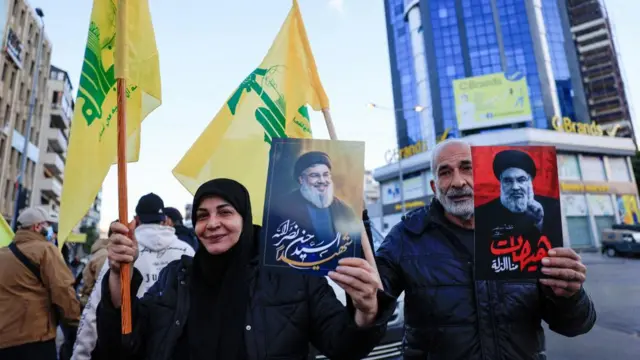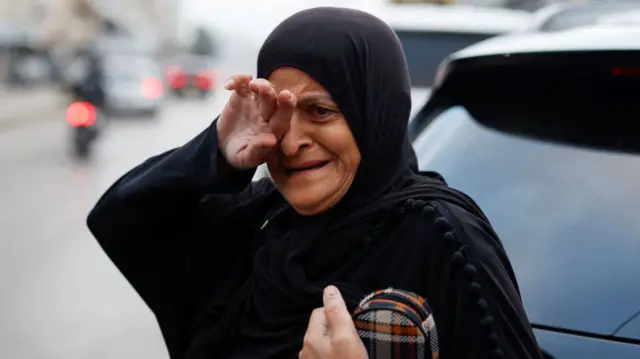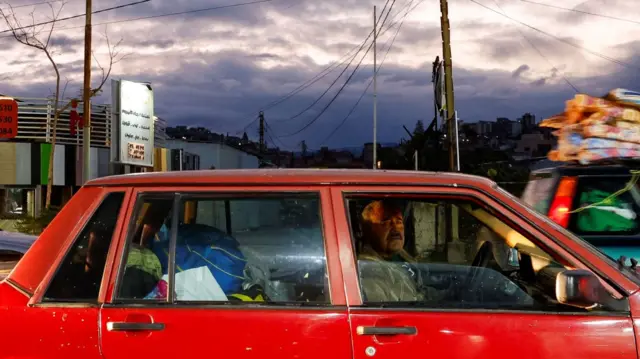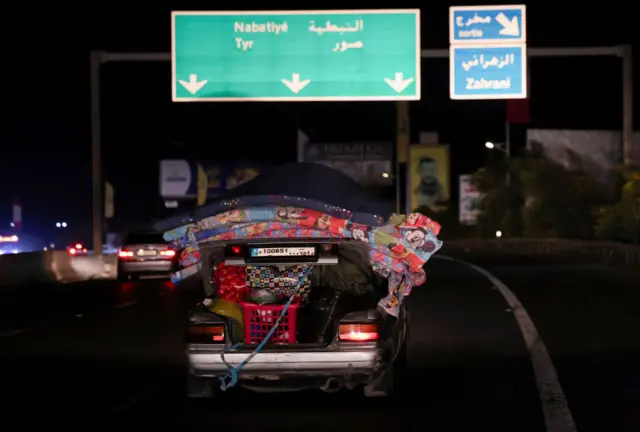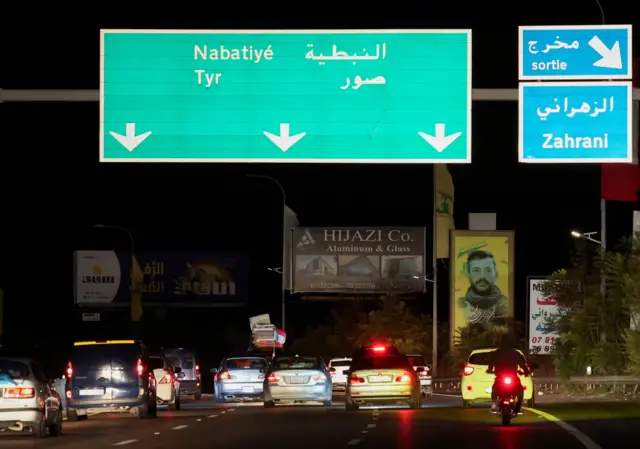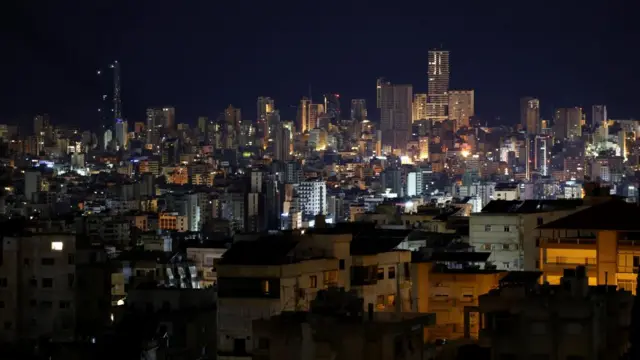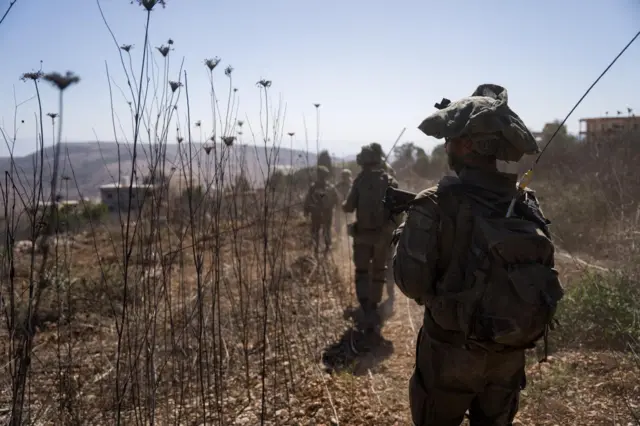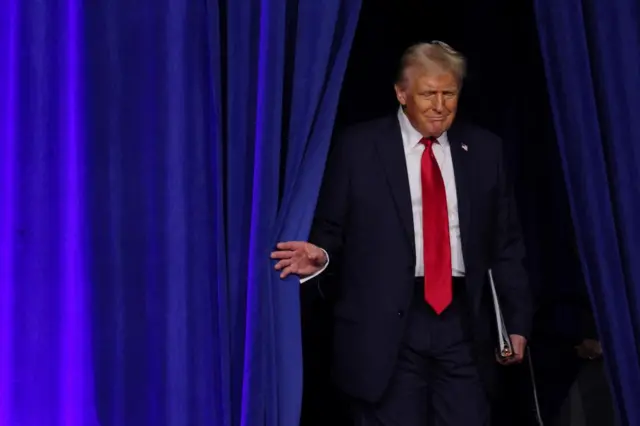Residents of Lebanon and Israel have mixed feelings about going homepublished at 07:04 GMT 27 November 2024
Many residents of south Lebanon are returning to their homes, despite an Israeli warning to stay away from the region for now.
Ali Hijazi, one of 1.5 million displaced residents, says people want to go home and restore their lives.
"Today is mixed feelings of sadness and joy. The war has ended for the past two hours but the humanitarian crisis is just unfolding as we see hundreds of cars fleeing back to south Lebanon," he tells the BBC's World Service Radio.
He adds that resources were insufficient, and shelters were unable to accommodate people who were forced out of their homes by the war.
Across the border in northern Israel, Ortal Beeril, a resident of Kibbutz Maayan Baruch, says any agreement is better than war. That said, she said she remains ambivalent about the situation.
Beeril and her family have also returned to their home. She says she made the decision because there is "nowhere to be safe".
"The last year was really rough for all of us. We’ll need to see things happening on the ground, and that the government and army are enforcing the agreement and not letting Hezbollah gain its forces," Beeril says.


